What are the duties of the Acting President, Acting Prime Minister, and Deputy Prime Minister?
입력 2024.12.28 (00:17)
읽어주기 기능은 크롬기반의
브라우저에서만 사용하실 수 있습니다.
[Anchor]
The ultimate responsibility for the state affairs has now been transferred to Choi Sang-mok, the 'Acting President and Minister of Economy and Finance'.
As of today (12.27) afternoon, he was still the 'Deputy Prime Minister and Minister of Economy and Finance', but from 5:19 PM, when the impeachment resolution was received, he has also taken on the roles of 'Acting President' and 'Acting Prime Minister'.
In simple terms, he is now performing 'three roles in one', taking on the responsibilities of the President, Prime Minister, and Minister of Economy and Finance.
Given the unprecedented nature of this situation, there is much debate and interpretation regarding the scope of Choi Sang-mok's duties.
Reporter Hwang Kyung-joo has the details.
[Report]
There is only one constitutional provision regarding the Acting President.
It states that the President's authority is exercised in the order of the Cabinet members, and whether it is the Prime Minister or the Deputy Prime Minister acting, there is no difference in the scope of authority.
From a legal standpoint, the scope of duties for both Han Duck-soo and Choi Sang-mok as acting president is the same.
[Lee Hwang-hee/Former Rapporteur Judge at the Constitutional Court: "Of course, the Deputy Prime Minister will have more responsibilities since he also has to take on the role of Prime Minister, but fundamentally, I believe the aspect of being the Acting President is the same."]
However, the reality is different.
The Prime Minister has acted in the capacity of the President on two previous occasions, excluding this one.
There are discussions and precedents regarding what can be done and what is deemed inappropriate.
The Deputy Prime Minister has no such precedents.
There are no specific laws or case laws regarding this.
There is also a difference in status.
The Prime Minister, although not elected, receives the National Assembly's consent for appointment.
He oversees the overall state affairs.
In the case of the appointed Deputy Prime Minister acting in this role, there is room for controversy surrounding issues such as exercising veto power over legislation or appointing Constitutional Court judges.
Concerns about a vacuum in state affairs are also growing.
It may be difficult for a Deputy Prime Minister, who was only responsible for the economy, to quickly grasp the overall state affairs, and there are worries that the response capability to domestic and international economic issues may weaken.
[Jang Young-soo/Constitutional Scholar: "While he has legal powers, the concern is whether he can exercise them properly. This could lead to issues of leadership and confusion in state management."]
Choi Sang-mok himself stated in a meeting with some reporters that his role would be "very limited".
This is Hwang Kyung-joo from KBS News.
The ultimate responsibility for the state affairs has now been transferred to Choi Sang-mok, the 'Acting President and Minister of Economy and Finance'.
As of today (12.27) afternoon, he was still the 'Deputy Prime Minister and Minister of Economy and Finance', but from 5:19 PM, when the impeachment resolution was received, he has also taken on the roles of 'Acting President' and 'Acting Prime Minister'.
In simple terms, he is now performing 'three roles in one', taking on the responsibilities of the President, Prime Minister, and Minister of Economy and Finance.
Given the unprecedented nature of this situation, there is much debate and interpretation regarding the scope of Choi Sang-mok's duties.
Reporter Hwang Kyung-joo has the details.
[Report]
There is only one constitutional provision regarding the Acting President.
It states that the President's authority is exercised in the order of the Cabinet members, and whether it is the Prime Minister or the Deputy Prime Minister acting, there is no difference in the scope of authority.
From a legal standpoint, the scope of duties for both Han Duck-soo and Choi Sang-mok as acting president is the same.
[Lee Hwang-hee/Former Rapporteur Judge at the Constitutional Court: "Of course, the Deputy Prime Minister will have more responsibilities since he also has to take on the role of Prime Minister, but fundamentally, I believe the aspect of being the Acting President is the same."]
However, the reality is different.
The Prime Minister has acted in the capacity of the President on two previous occasions, excluding this one.
There are discussions and precedents regarding what can be done and what is deemed inappropriate.
The Deputy Prime Minister has no such precedents.
There are no specific laws or case laws regarding this.
There is also a difference in status.
The Prime Minister, although not elected, receives the National Assembly's consent for appointment.
He oversees the overall state affairs.
In the case of the appointed Deputy Prime Minister acting in this role, there is room for controversy surrounding issues such as exercising veto power over legislation or appointing Constitutional Court judges.
Concerns about a vacuum in state affairs are also growing.
It may be difficult for a Deputy Prime Minister, who was only responsible for the economy, to quickly grasp the overall state affairs, and there are worries that the response capability to domestic and international economic issues may weaken.
[Jang Young-soo/Constitutional Scholar: "While he has legal powers, the concern is whether he can exercise them properly. This could lead to issues of leadership and confusion in state management."]
Choi Sang-mok himself stated in a meeting with some reporters that his role would be "very limited".
This is Hwang Kyung-joo from KBS News.
■ 제보하기
▷ 카카오톡 : 'KBS제보' 검색, 채널 추가
▷ 전화 : 02-781-1234, 4444
▷ 이메일 : kbs1234@kbs.co.kr
▷ 유튜브, 네이버, 카카오에서도 KBS뉴스를 구독해주세요!
- What are the duties of the Acting President, Acting Prime Minister, and Deputy Prime Minister?
-
- 입력 2024-12-28 00:17:04
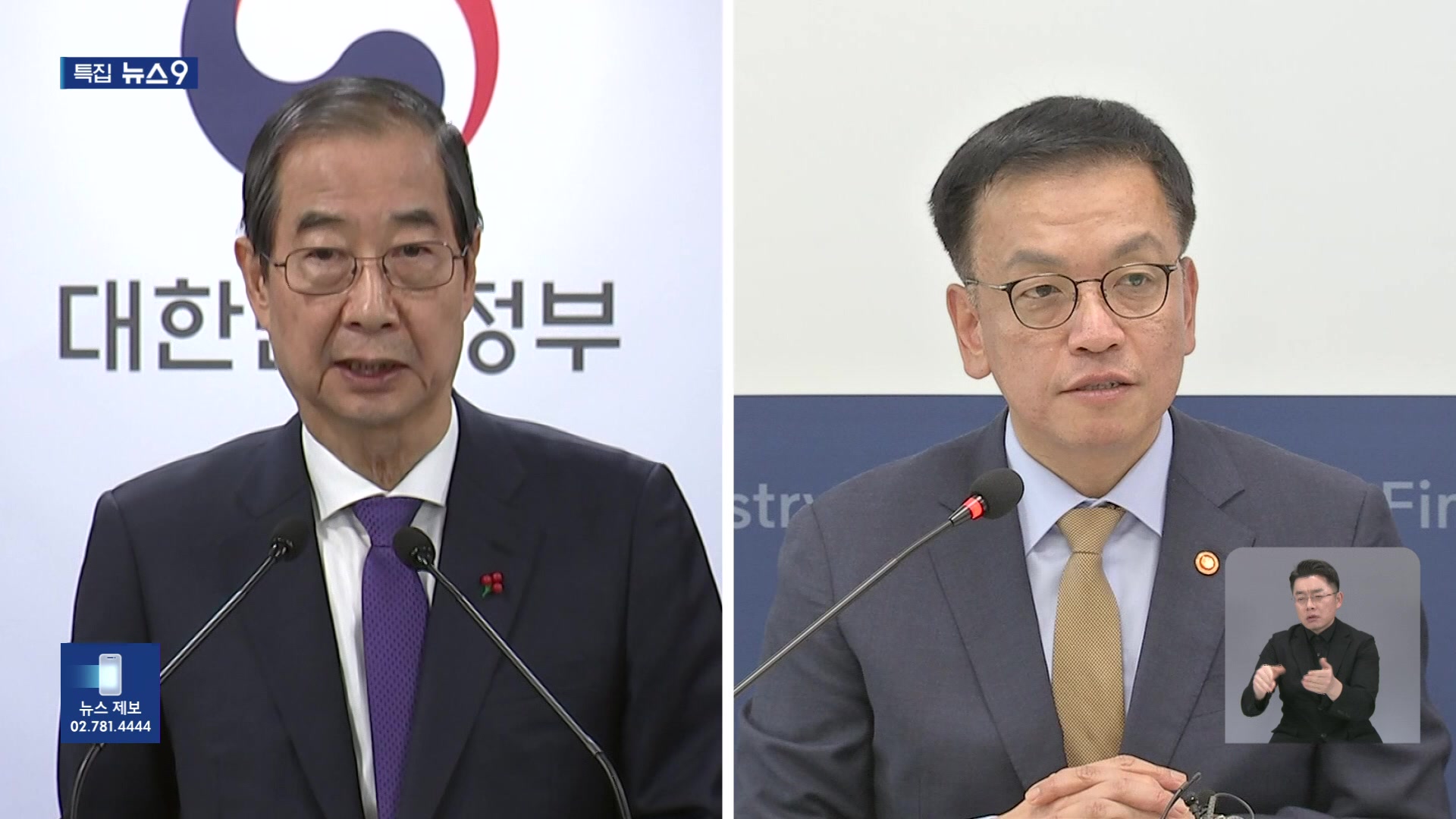
[Anchor]
The ultimate responsibility for the state affairs has now been transferred to Choi Sang-mok, the 'Acting President and Minister of Economy and Finance'.
As of today (12.27) afternoon, he was still the 'Deputy Prime Minister and Minister of Economy and Finance', but from 5:19 PM, when the impeachment resolution was received, he has also taken on the roles of 'Acting President' and 'Acting Prime Minister'.
In simple terms, he is now performing 'three roles in one', taking on the responsibilities of the President, Prime Minister, and Minister of Economy and Finance.
Given the unprecedented nature of this situation, there is much debate and interpretation regarding the scope of Choi Sang-mok's duties.
Reporter Hwang Kyung-joo has the details.
[Report]
There is only one constitutional provision regarding the Acting President.
It states that the President's authority is exercised in the order of the Cabinet members, and whether it is the Prime Minister or the Deputy Prime Minister acting, there is no difference in the scope of authority.
From a legal standpoint, the scope of duties for both Han Duck-soo and Choi Sang-mok as acting president is the same.
[Lee Hwang-hee/Former Rapporteur Judge at the Constitutional Court: "Of course, the Deputy Prime Minister will have more responsibilities since he also has to take on the role of Prime Minister, but fundamentally, I believe the aspect of being the Acting President is the same."]
However, the reality is different.
The Prime Minister has acted in the capacity of the President on two previous occasions, excluding this one.
There are discussions and precedents regarding what can be done and what is deemed inappropriate.
The Deputy Prime Minister has no such precedents.
There are no specific laws or case laws regarding this.
There is also a difference in status.
The Prime Minister, although not elected, receives the National Assembly's consent for appointment.
He oversees the overall state affairs.
In the case of the appointed Deputy Prime Minister acting in this role, there is room for controversy surrounding issues such as exercising veto power over legislation or appointing Constitutional Court judges.
Concerns about a vacuum in state affairs are also growing.
It may be difficult for a Deputy Prime Minister, who was only responsible for the economy, to quickly grasp the overall state affairs, and there are worries that the response capability to domestic and international economic issues may weaken.
[Jang Young-soo/Constitutional Scholar: "While he has legal powers, the concern is whether he can exercise them properly. This could lead to issues of leadership and confusion in state management."]
Choi Sang-mok himself stated in a meeting with some reporters that his role would be "very limited".
This is Hwang Kyung-joo from KBS News.
The ultimate responsibility for the state affairs has now been transferred to Choi Sang-mok, the 'Acting President and Minister of Economy and Finance'.
As of today (12.27) afternoon, he was still the 'Deputy Prime Minister and Minister of Economy and Finance', but from 5:19 PM, when the impeachment resolution was received, he has also taken on the roles of 'Acting President' and 'Acting Prime Minister'.
In simple terms, he is now performing 'three roles in one', taking on the responsibilities of the President, Prime Minister, and Minister of Economy and Finance.
Given the unprecedented nature of this situation, there is much debate and interpretation regarding the scope of Choi Sang-mok's duties.
Reporter Hwang Kyung-joo has the details.
[Report]
There is only one constitutional provision regarding the Acting President.
It states that the President's authority is exercised in the order of the Cabinet members, and whether it is the Prime Minister or the Deputy Prime Minister acting, there is no difference in the scope of authority.
From a legal standpoint, the scope of duties for both Han Duck-soo and Choi Sang-mok as acting president is the same.
[Lee Hwang-hee/Former Rapporteur Judge at the Constitutional Court: "Of course, the Deputy Prime Minister will have more responsibilities since he also has to take on the role of Prime Minister, but fundamentally, I believe the aspect of being the Acting President is the same."]
However, the reality is different.
The Prime Minister has acted in the capacity of the President on two previous occasions, excluding this one.
There are discussions and precedents regarding what can be done and what is deemed inappropriate.
The Deputy Prime Minister has no such precedents.
There are no specific laws or case laws regarding this.
There is also a difference in status.
The Prime Minister, although not elected, receives the National Assembly's consent for appointment.
He oversees the overall state affairs.
In the case of the appointed Deputy Prime Minister acting in this role, there is room for controversy surrounding issues such as exercising veto power over legislation or appointing Constitutional Court judges.
Concerns about a vacuum in state affairs are also growing.
It may be difficult for a Deputy Prime Minister, who was only responsible for the economy, to quickly grasp the overall state affairs, and there are worries that the response capability to domestic and international economic issues may weaken.
[Jang Young-soo/Constitutional Scholar: "While he has legal powers, the concern is whether he can exercise them properly. This could lead to issues of leadership and confusion in state management."]
Choi Sang-mok himself stated in a meeting with some reporters that his role would be "very limited".
This is Hwang Kyung-joo from KBS News.
-
-
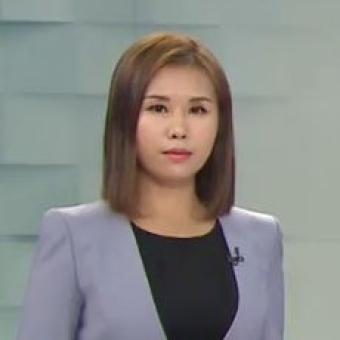
황경주 기자 race@kbs.co.kr
황경주 기자의 기사 모음
-
이 기사가 좋으셨다면
-
좋아요
0
-
응원해요
0
-
후속 원해요
0










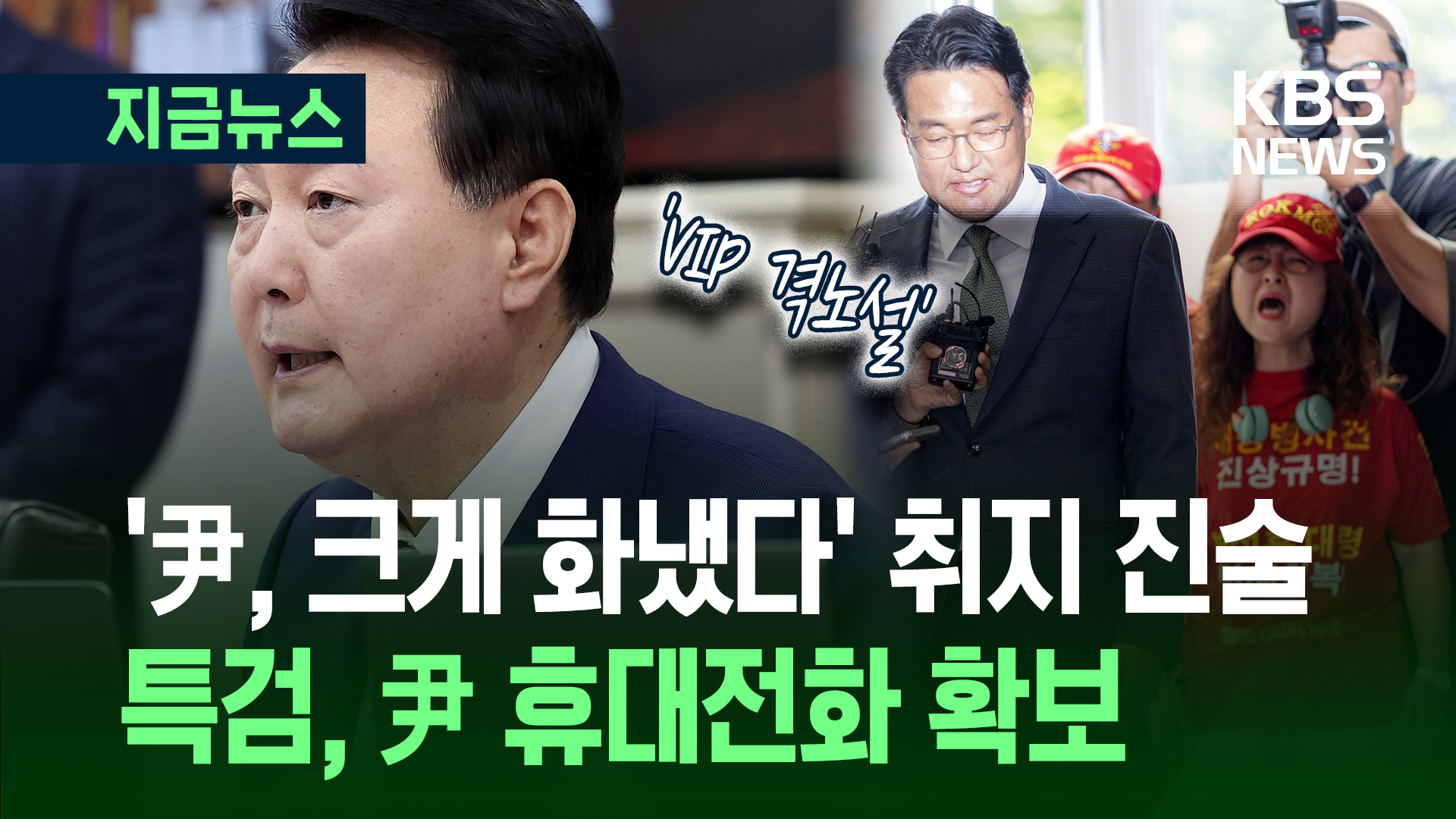
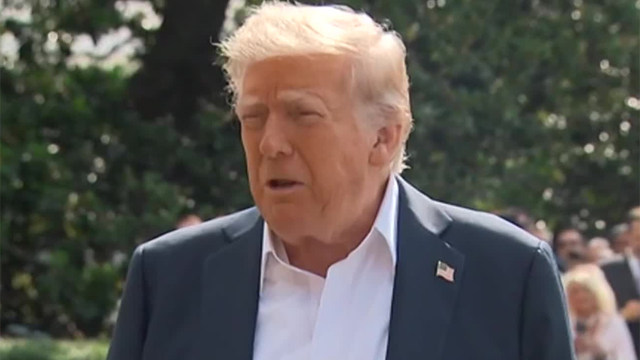
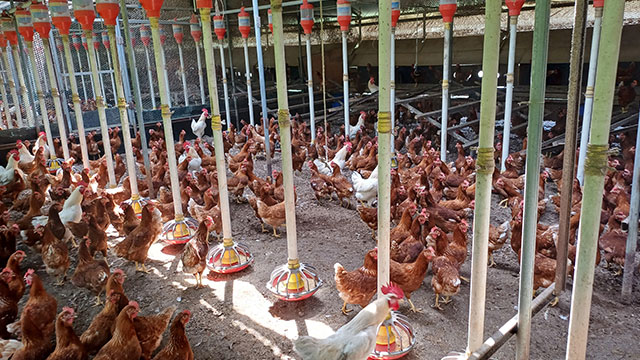
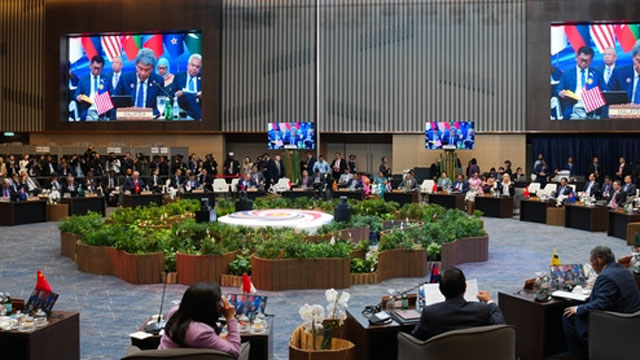

이 기사에 대한 의견을 남겨주세요.